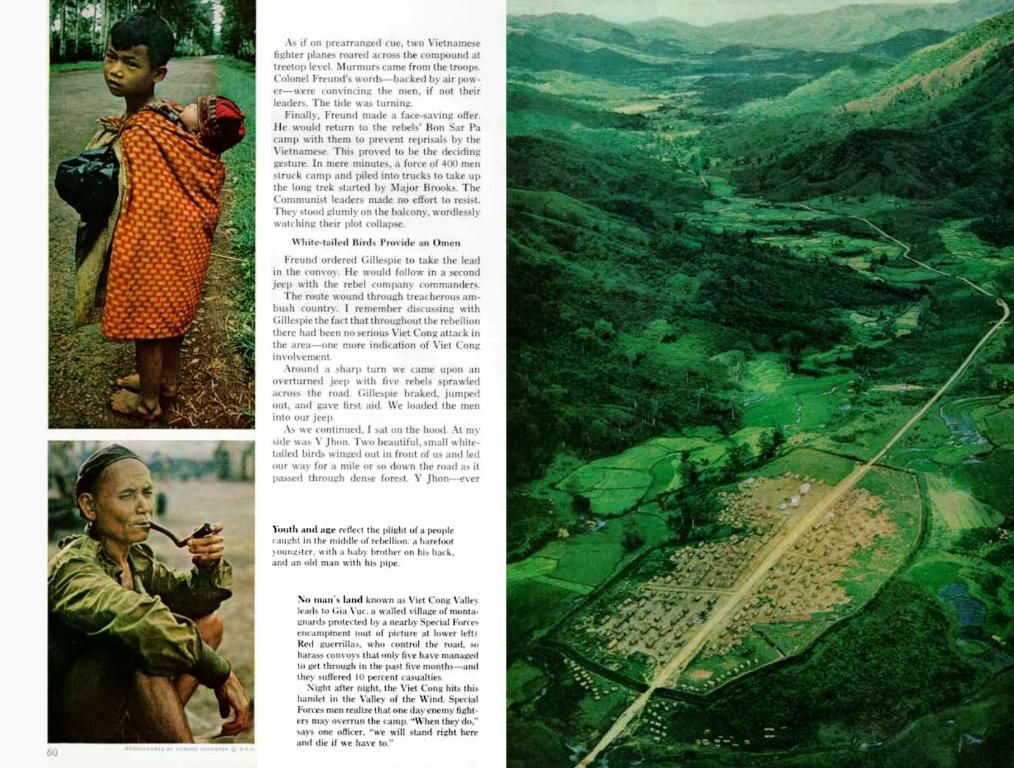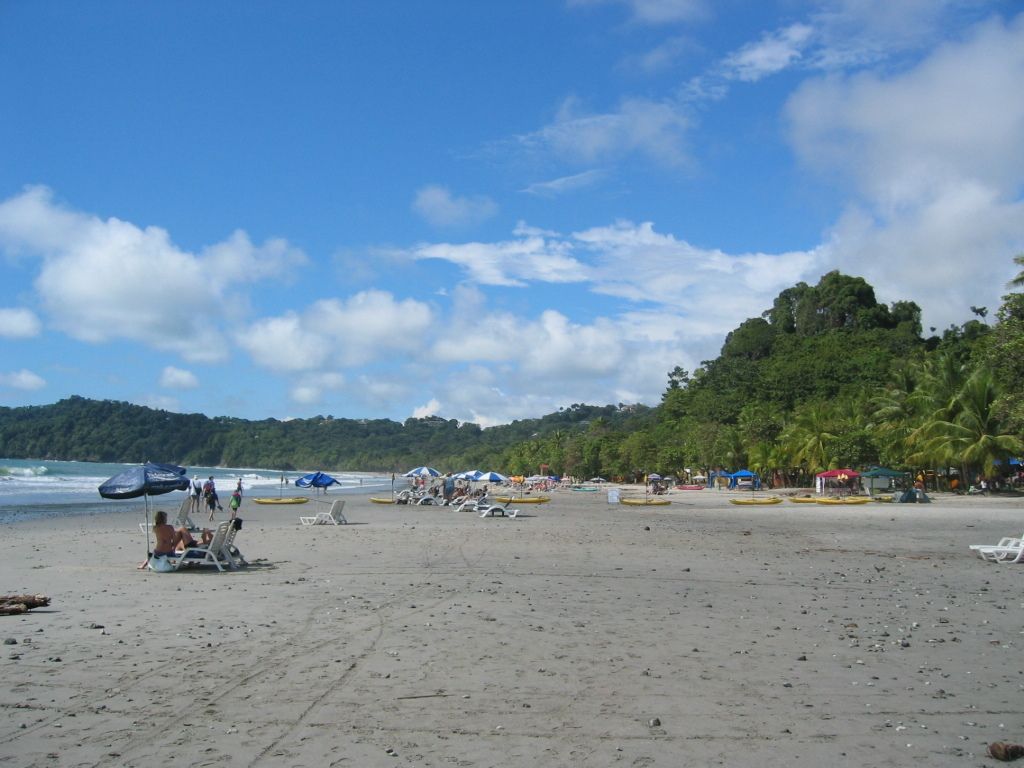"UN Refugee Chief, Filippo Grandi, issues dire financial warning"
Fresh Take:
On Thursday, June 12, the United Nations agency releases its annual report on global displacement. Filippo Grandi, the UN High Commissioner for Refugees, paints a grim picture on France Inter: "We're smack dab in the middle of a financial crisis," he warns.
The European Union is considering loosening its rules for sending back asylum seekers. Grandi points out that the freeze on humanitarian contributions from the U.S. under the Trump administration, coupled with reduced contributions from other donor nations, is starting to bite. "Aid, already meager for Sudanese refugees in neighboring countries, is now dangerously insufficient," Grandi explains. "This has catastrophic consequences for populations already grappling with dire physical and mental health conditions."
Sudan: A Symbol of Unsolved Political Turmoil
Globally, over 122 million people are displaced, according to the UNHCR. Sudan, ravaged by a two-year-old civil war, bears the brunt of this crisis. Grandi refers to it as "the embodiment of the increasing number of refugees and internally displaced persons, a testament to the constant upsurge in people fleeing their homes due to war, persecution, and violence."
On World Refugee Day, the UN releases a positive poll while Sudanese refugees flood into Egypt. "In Sudan alone, there are over 10 million internally displaced persons and over 4 million people who have sought refuge in neighboring countries," Grandi laments. "Sudan serves as a symbol of a political crisis we can't seem to solve, inflicting unimaginable harm on the civilian population." The situation is further complicated by the fact that humanitarian aid often doesn't reach these people, as the conflict is brutal and indiscriminate, with little regard for civilians or humanitarian agencies.
Insights:- The current situation for Sudanese refugees in neighboring countries is dire, exacerbated by the ongoing civil war and political crisis in Sudan.- Over 1 million Sudanese refugees and South Sudanese returnees have fled to South Sudan and Chad since April 2023. The humanitarian situation at the Chad-Sudan border is critical, with refugees arriving exhausted and malnourished.- Global funding cuts are severely impacting humanitarian aid delivery. The IRC faces significant disruptions in South Sudan, affecting over 370,000 refugees, with cuts impacting health, nutrition, and protection services.- Humanitarian access is hindered by conflict, bureaucratic delays, and threats to aid workers. The Rapid Support Forces (RSF) and Sudanese Armed Forces (SAF) have been accused of using food as a weapon of war and obstructing aid delivery.- Refugees require urgent assistance, including food, shelter, sanitation, and medical care. The onset of the rainy season is expected to worsen living conditions and exacerbate health issues.- Refugee camps in neighboring countries are reaching maximum capacity, necessitating urgent support to improve conditions.- The crisis is affecting not only Sudan but also neighboring countries like South Sudan and Chad, straining resources and infrastructure.- There is a growing need for increased international support to address the worsening humanitarian crisis and ensure the protection of refugees and aid workers.
- The European Union's potential relaxation of asylum seeker return rules may not significantly help finance for humanitarian aid, given the global reductions in humanitarian contributions, particularly from the United States and other donor nations.
- The political and humanitarian crisis in Sudan, which has resulted in millions of internally displaced persons and refugees, fuels general-news discussions on global events and poses challenges for businesses operating or planning to invest in affected regions.
- Crime-and-justice issues arise in areas with refugee camps due to the vulnerability of struggling populations, as well as concerns over food security and potential obstruction of aid delivery by various armed forces, which could escalate tensions among refugees, host communities, and aid workers.




